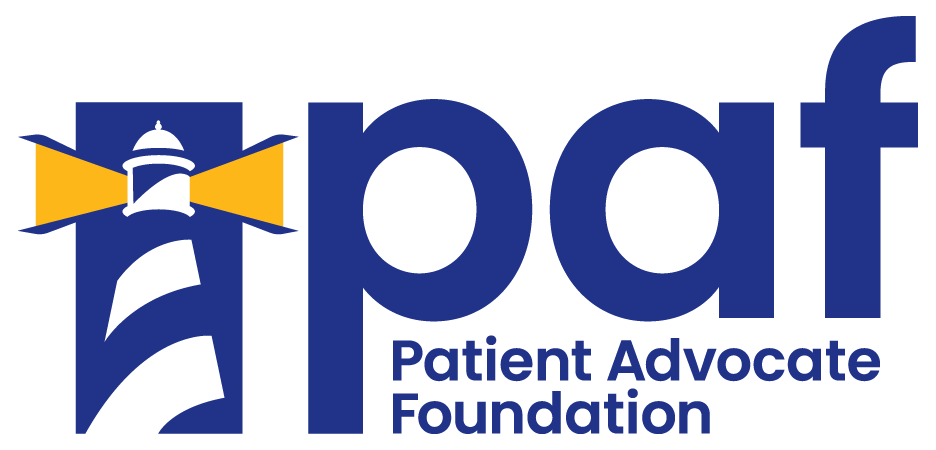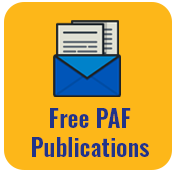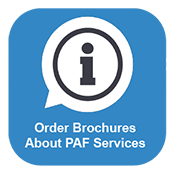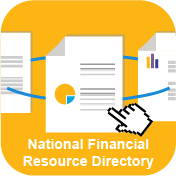Cashing in Life Insurance to Pay for Medical Bills
When we think of life insurance death benefits, we typically think of them as money left to your loved ones after you pass. Occasionally, if we’re experiencing a shortage of funds, we might consider accelerating our death benefits to help pay for bills. Before considering this option, it is important to learn your policy to avoid any unforeseen costs and know whether your health condition makes you a candidate.
Most policies follow a similar format
a) you buy the policy,
b) you make regular payments on your policy,
c) when you pass away, your beneficiary gets the money.
If you’re experiencing a medical emergency, tapping your policy might start to seem more and more appealing. Before making a move to do so, be sure to read and thoroughly and understand what it means to pull funds from your policy prematurely.
There are often two health-related provisions built into policies that allow plan holders to dip into their funds to offset medical costs. The first is that your disease must be a chronic or life-threatening medical condition. Another common qualifier for withdrawing funds early include the fund-holders lack of ability to care for oneself. Plans vary but these two provisions are common requirements.
If you meet the above qualifications, you’ll also have to consider the financial ramifications associated with pulling funds early.
There are two primary ways insurance companies charge plan-holders for taking money out early:
a) through extra charges on you premiums
b) through a reduced death benefit.
To avoid tax implications, you must be able to prove that you are ill via a note from your physician.
If you are unsure about how much, how frequent or whether or not to remove funds at all, it might be in your best interest to consult with an agent to avoid potential missteps.










